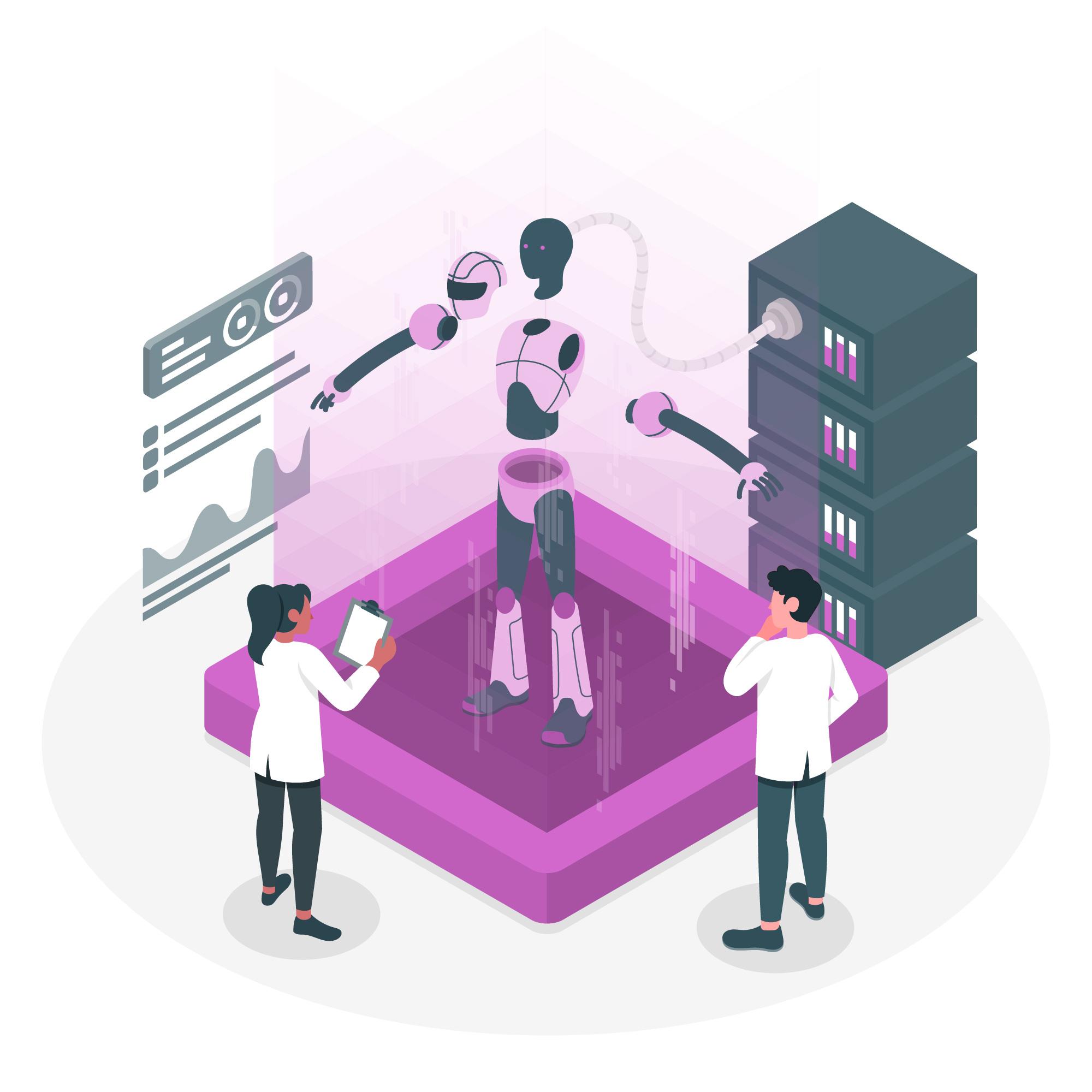
In the ever-evolving landscape of technology, artificial intelligence (AI) has emerged as a game-changer across various sectors. One area where its impact is particularly profound is the creative industry. From graphic design to music composition, AI is reshaping how creatives work, innovate, and produce content. Let’s delve into eight ways AI is shaping the future of the creative industry.
- Automated Design Tools: Designers can now leverage AI-powered tools to automate repetitive tasks such as resizing images, generating color palettes, and even creating entire layouts. This not only speeds up the design process but also frees up time for creatives to focus on more strategic and conceptual aspects of their work.
- Personalized Content Creation: AI algorithms analyze vast amounts of data to understand consumer preferences and behavior, enabling creatives to tailor content for specific audiences. Whether it’s personalized marketing campaigns or dynamically generated website content, AI-driven personalization enhances engagement and conversion rates.
- Enhanced Visual Effects: In the film and animation industries, AI is revolutionizing visual effects by enabling realistic simulations, character animation, and scene rendering. AI-powered tools can generate lifelike animations and special effects that were once time-consuming and labor-intensive to create manually.
- Music Composition and Production: AI is increasingly used in music composition and production, assisting composers in generating melodies, harmonies, and rhythms. From creating background scores for films to generating royalty-free music for content creators, AI-powered music composition tools offer endless possibilities.
- Content Curation and Recommendation: AI algorithms analyze user preferences and consumption patterns to curate and recommend content across various platforms. Whether it’s suggesting relevant articles, videos, or products, AI-driven content recommendation systems enhance user experience and drive engagement.
- Augmented Reality (AR) and Virtual Reality (VR): AI plays a crucial role in enhancing AR and VR experiences by enabling real-time object recognition, spatial mapping, and gesture recognition. From immersive gaming experiences to interactive marketing campaigns, AI-powered AR and VR applications are redefining storytelling and engagement.
- Natural Language Processing (NLP): NLP algorithms enable creatives to analyze and generate text at scale, facilitating content creation, copywriting, and sentiment analysis. Whether it’s generating product descriptions or analyzing social media conversations, NLP-powered tools provide valuable insights and streamline content creation workflows.
- Generative AI Art: Generative AI algorithms can autonomously create visual art, paintings, and digital illustrations based on predefined styles and inputs. Artists and designers can collaborate with AI to explore new creative possibilities and push the boundaries of traditional art forms.
To harness the full potential of AI in the creative industry, businesses can collaborate with AI development companies specializing in generative AI and personalized content creation. Hiring AI developers with expertise in machine learning, computer vision, and natural language processing is essential for building custom AI solutions tailored to specific creative workflows and objectives.
Conclusion
AI is transforming the creative industry by automating repetitive tasks, personalizing content, enhancing visual effects, and enabling new forms of artistic expression. Embracing AI-driven technologies empowers creatives to innovate, collaborate, and deliver compelling experiences in the digital age.
If you’re ready to unlock the transformative power of AI for your creative endeavors, consider partnering with a reputable AI development company or hiring skilled AI developers to bring your vision to life. The future of creativity is AI-powered, and the possibilities are limitless.
Also Read: How Generative AI is Transforming Creative Industries






